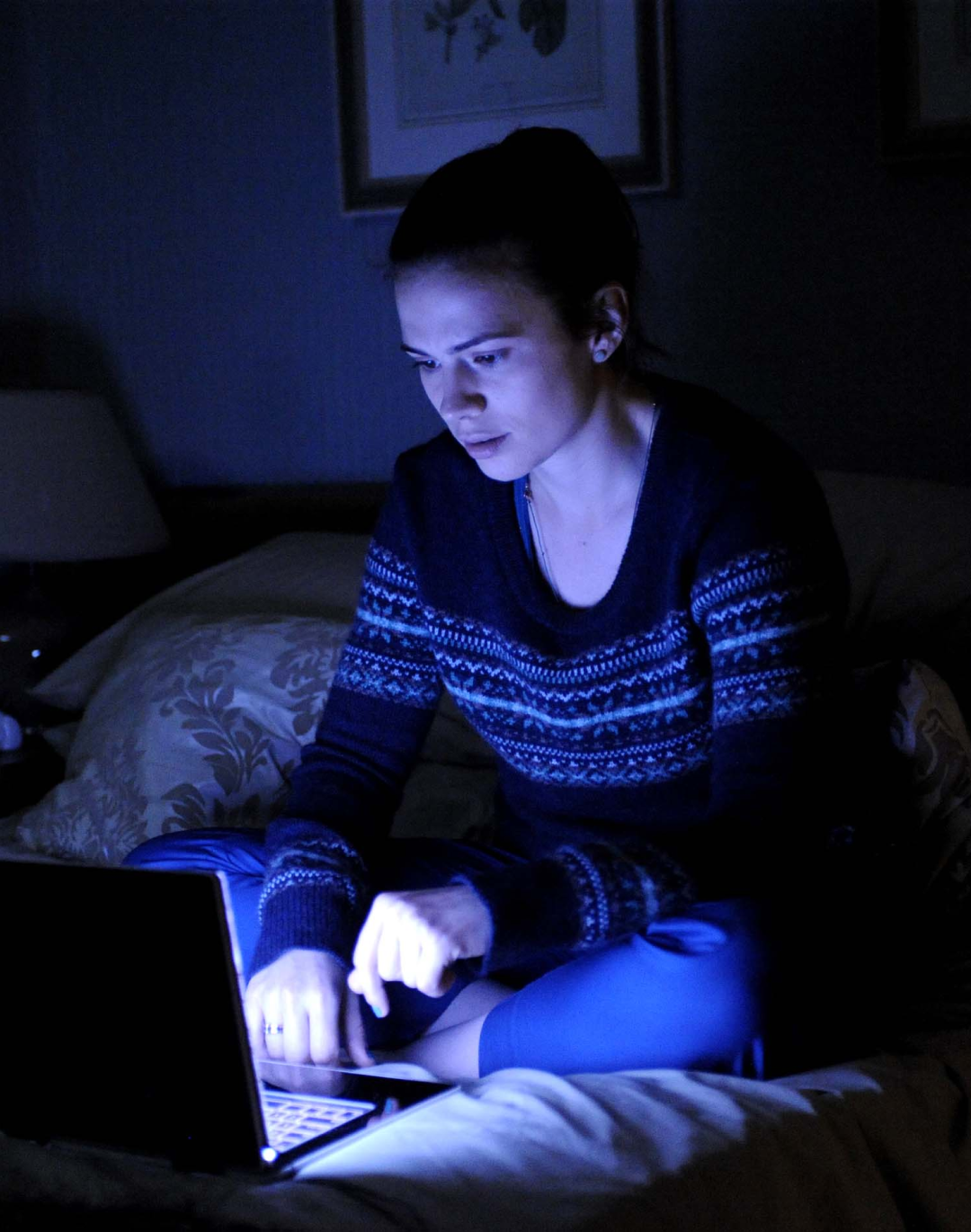
How to preserve your mental health during the quarantine Some tips on how to stay mentally in tact during this very difficult time
Within the past few days, most of us from all across the world have either been practising the mandatory national quarantine implemented by our local governments or self-isolating voluntarily in an effort to flatten the COVID-19 curve.
Throughout this time we have been obligated to practice our daily routines within the confines of our homes which we will more likely be continuing for at least a few more weeks. This process will be different for everyone based on several aspects, but for many, staying at home might take a dreadful toll on our mental health. Not only because of the general anxieties caused by the realities of a growing pandemic but also because of the negative effects of social isolation which could include risks of depression, cognitive decline and other forms of poor mental health. Of course, each individual’s situation is unique as some may be more susceptible than others based on their living situations and genetics but on the occasion, we consulted with Dr Francesco Rovatti, Psychotherapist at ASST Ovest Milano & University of Bolzano for a few tips on how to stay mentally healthy during these highly worrisome times.
1. It is fundamental to monitor the amount of information you take in on a daily basis.
Limit the amount of time you spend catching up on news to two moments of the day (morning and evening) and also don’t spend the majority of your days watching Netflix series and movies either. An overload of information amplifies anxiety, sets off our innate alarm/panic reactions and creates negative loops in which dysfunctional thoughts may trigger negative emotions, Rovatti explained.
So although many of us might be excited at the opportunity to binge-watch our favourite tv series, it’s very important to do so in moderation with necessary breaks. When we watch movies or tv series, our brain can release a chemical called dopamine which is the same chemical released when we have sex or eat good food, so it makes us feel good and forget about the chaos happening in the world at the moment. However, after one round of a compelling series is finished, we heighten the likelihood of starting a cycle of emotional highs and lows which can eventually develop itself into an unhealthy addiction.
It is also a similar case of risks regarding checking social media and news outlets. The way news is presented today is visual and shocking, every piece of news is breaking news, and small Instagram or Facebook videos captured by bystanders or observers can be equally as graphic to the point where it can cause acute stress like sleeping problems, mood swings or even PTSD. In a time like this, it's important that we limit the amount of negative information we intake on a daily basis, and the best way to do this is limit our screen time and also be sure to not read the news right before bed.
2. Don't indulge in compulsive behaviours
Do not exceed in compulsive control behaviours: it’s important to comply with regular hygiene regulations, but without exceeding trying to control what is not within our reach. This is to free the mind from thoughts that risk becoming obsessive with real phobias of contamination.
Both as an act of precaution against the virus as well as out of boredom, many of us may be tempted to clean as a productive way to pass time. However, it’s important that this is also done in moderation. If for the next 2-3 weeks your new everyday hobby becomes cleaning, you can put yourself at risk to developing obsessive-compulsive disorders, which of course will also cause discomfort in the family and loved ones around you during such a time when it’s essential for you to be working together. This sentiment also applies to our bodily hygiene, considering the nature of the virus it is extremely important that we keep our hands and bodies clean and that we wash them thoroughly, however it is also fundamental that we don’t overdo it as we can risk developing germaphobia or other phobias. Of course, there is no set number of how much is too much to be sanitising and washing, but if your friends and family are worrying that it might be too much, more than likely it is.
3. Eat foods that affect you positively
Increase the inclusion of foods that allow our neurotransmission systems a greater production of serotonin (green leafy vegetables and tomatoes, fruit, cereals, preferably wholewheat, eggs, legumes, dark chocolate -not too much).
Serotonin is the important chemical that’s responsible to help regulate appetite, digestion, sleep, memory and positive social behaviour in general. So even though this may be a time when we might be tempted to eat all our fattening comfort foods, putting ourselves on a diet that includes foods that boosts serotonin levels, is a sort of hack with a probable outcome of happier more productive days with a lower risk of depression. Here’s a list of foods that increase high levels of serotonin.
4. Keep active
Exercise and sunlight are also two of the other main producers of serotonin. Although it will be difficult at this time to make a run in the park or outside as this is quite complicated considering that many spaces are closed, it is still important that we maintain physical activities. Many of us might not have the luxury of a big garden or a terrace at home, but practising yoga, pilates, jump roping or following online fitness tutorials is a good way to stay in shape within the comfort of your living rooms. A good way to keep up with this is to allocate time intervals which you spend each day doing them in the same way one would when going to the gym.
5. Maintain the rhythm of your daily routines
Maintain the same habits in order to not disrupt the flow of your days. Make sure to keep the same amount of time for sleep, meals, exercise and habits of everyday life. If possible, try to divide the time equally especially for the moments dedicated to ourselves, our relationships and moments dedicated to work. In order to maintain productivity, structuring our days similarly as they were before without excessive changes can help a lot.
For those living alone
Passing these long periods of time alone can perhaps be one of the most difficult circumstances to be in. Being both because of the physical difficulty and possibilities of being having to dwell in a small space, as well as the lack of human contact. For those who live by themselves, this period can be extremely daunting. It is however important that you try to take a hold of the situation and not stay in bed all day, build a routine filled with work, exercise and regular acts of self-care. Channel your boredom into new tasks, instead of cooking your regular dishes, take this time to experiment with new more elaborate recipes, provided it’s possible, leave the house for a few minutes, use that opportunity of going to the supermarket to take a run as well. Most importantly be sure to virtually stay in contact with people. Even though you may be physically alone during this period, know there are friends and family around you who are hoping to hear from you. So make it a habit to call and even video chat with friends, family, colleagues and people around you.
For those living in conflicted situations
For many a period passed like this is their worst nightmare, and that can be for several reasons, some of those being that they might be undergoing complicated or conflicted living situations. During a time like this, it’s important that you endure and press on and take this as a time to relax as opposed to trying to fix your situation. In the case where things become abusive, do not feel obligated to stay silent, know that you are not alone and that it is okay to seek help. Feel free to take the liberty of calling the national number against violence and stalking - 1522.
The upcoming few weeks will be difficult for us all, especially considering the intensive recovery it will eventually take after all has passed. However it’s important that we all ensure that we take care of our minds as well as bodies, in a time which things may seem hopeless and daunting, it’s important that we constantly stay in search of the light. Things might seem difficult and we might find it hard to get into the groove of productivity on the scale of all the points listed above on such a restricted basis but, have patience, be gentle with yourself and be realistic. Each day that you get up, find something to look forward to, whether it be a work task to complete or a new dish to make. It is also important to have compassion, especially in a time when it is so easy to be selfish, think of others who have less than you do, others who don’t have as much family and friends around and make it a habit to reach out to them and help in ways that you can.
In the case, you’re feeling hopeless and desperate need of psychological help here are a few Italian numbers below to call:
COVID-19, Pronto PSY - +393781898986 / sipemsoslombardia@gmail.com - send an email or a WhatsApp message requesting a phone call and they’ll get back to you within 48 hours.
Agape dell'Aquila free Psychological Support Service
Dr Chiara Gioia - 3317192396
Dr Michelina Giannone - 477906624
Samaritans- ONLUS
250 00184















































